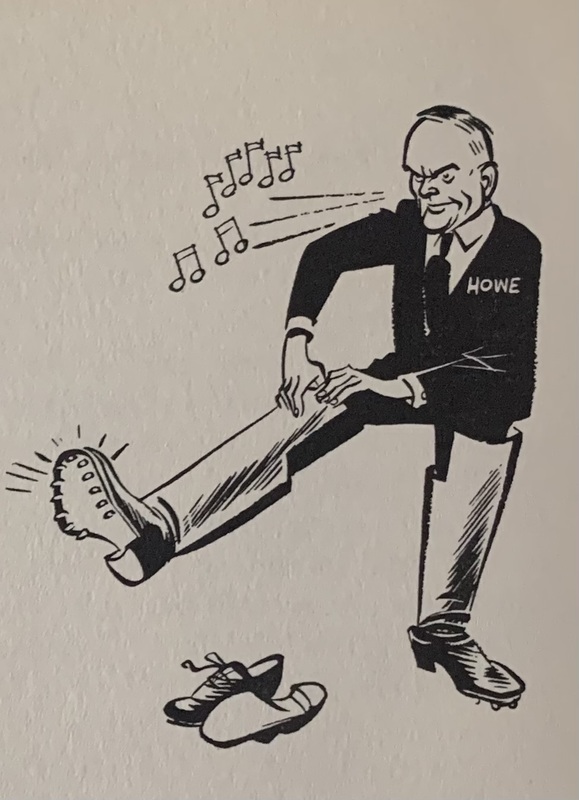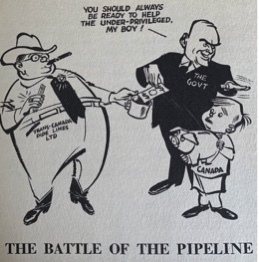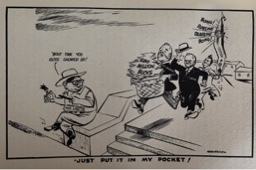Howe: Pipeline, Military and Canadian contributions
Judiths story:
One of the most influential Canadian political actors at the time was Clarence Decateur Howe. He was a member of the House of Commons, the Cabinet of Prime Ministers William Lyon, Mackenzie King and Louis St.Laurent, as well as the Minister of Trade and Commerce.
He was one of the most prominent characters in our war efforts, in particular, the wartime industrial mobilization, when he was the Minister of Munitions and Supply during the time Mackenzie King was Prime Minister. (1)
However, this is not where his influence came to a halt: people called him the Minister of Everything. He was one of the most prominent characters in our war efforts, in particular, the wartime industrial mobilization, when he was the Minister of Munitions and Supply during the time Mackenzie King was Prime Minister.
In addition, Canada also possessed a brand new aircraft industry: Howe sponsored the Trans-Canada Airlines, the dominion’s own airline, before the war when he was the Minister of Transport. During 1940 and 1945, thousands of planes had rolled off his production lines. This was because Howe was dedicated to the cause. He dreamt of thousands of people travelling by air after the war, with his own airline, Trans-Canada, which came true soon after.
Howe also initiated and led the Pipeline Debate, which remains one of the most memorable confrontations in Canadian Parliament History. (2) He proposed that a pipeline that would carry natural gas from Alberta to Central Canada was essential. This was opposed by the Conservatives who argued that the Pipeline would serve American corporate interests. However, despite their opposition, the Bill passed and Canada had a new pipeline, which, through a contemporary and indigenous perspective, is incredibly detrimental.
The accomplishments and titles representing Howe’s success in Parliament, are worth understanding.The actions and decisions made by Clarence Howe certainly caught the attention of Judith Robinson. Using a journalistic approach, Judith critizises Howe rather than supports his parliamentary actions and intentions. Judith provides a work complied of her criticisms of Howes actions in This is On The House, especially involving Canadian political conflicts such as the Pipeline debate.


